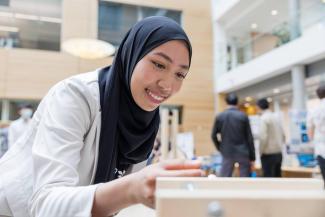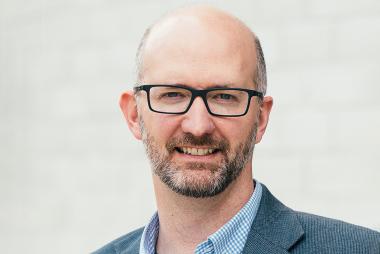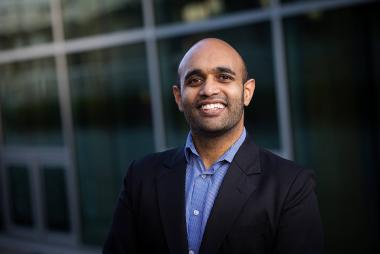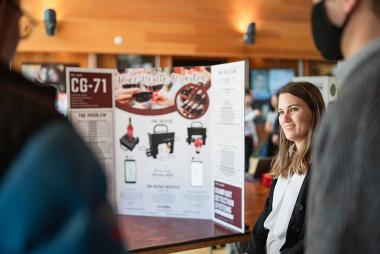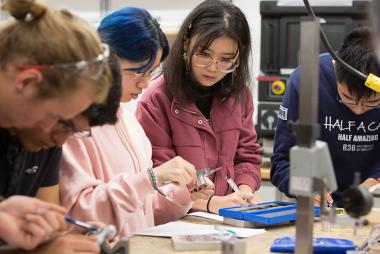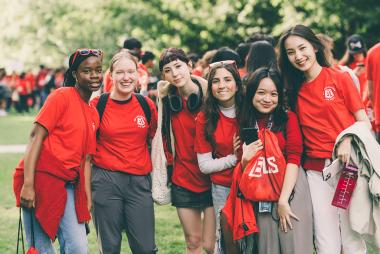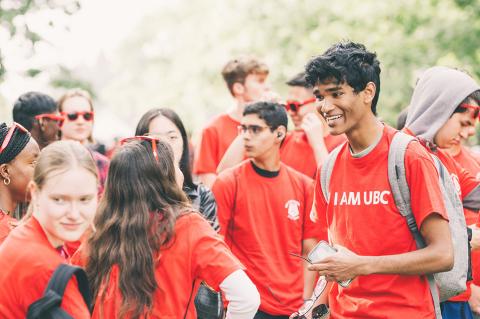
Engineering students develop an impressive set of skills over the course of their degree. Not only do they apply their in-depth knowledge of math, coding and discipline-specific engineering fundamentals, they also learn how to use cutting-edge technology, analyze problems and design and test solutions. Equally important are the development of skills in teamwork, communication and leadership.
These are sometimes called “core skills” or “soft skills” as a way of differentiating them from what’s traditionally been known as “hard skills.” But there’s nothing easy about soft skills – in fact, many people find it far more straightforward to solve a complex thermodynamics equation or come up with an innovative technological solution than they do resolving conflict in a team, communicating effectively or taking on a leadership role!
Soft skills can be learned, and practice is the best way to gain confidence and expertise. As a UBC Engineering student, you will have lots of opportunities in your classes, work experience, student design teams, capstone projects and more to gain the skills that will set you up for success as a student, in your career and in your life.
Communication skills
Engineers are communicators who need to be able to clearly share their ideas orally and in writing. And since engineers don’t just work with other engineers, they also need to be able to explain complex technical concepts in ways that can be understood by people who don’t share their technical expertise.
For example, if you’re someone like Dr. Naoko Ellis who is advancing research in carbon capture and storage, you’ll need to be able to talk about your work with your engineering colleagues, as well as the general public, government officials, entrepreneurs and many others. She’s currently working on the Accelerating Community Energy Transformation project with members of remote and Indigenous communities who want to move away from diesel-based energy production, and in this role she must be able to talk about energy solutions in clear and compelling ways.
In your first year, you will take a course on communication for engineers. You’ll also have lots of opportunities to practice your communication skills in your other courses. For example, in the first-year engineering design course, you might be asked to write a report, create a poster, deliver a presentation or share your work in other ways.
When it comes time to your capstone project, you’ll present your results at a design and innovation day to members of the public and people from industry. “It’s another venue for students to practice how to communicate with a diverse audience and talk to the public in a way that is clear and understandable,” says Dr. Verrett.
Dr. Naoko Ellis Accelerating Community Energy Transformation Design and innovation day
Engineers have a unique combination of technical and soft skills
Engineering really is one of the most versatile degrees because students graduate with the specialized technical skills and interpersonal skills needed to succeed in your career and life.
As Mining Engineering student Howard Cheng says “This program has helped me become a lot more well rounded. I’ve learned a lot of communication, teamwork and leadership skills through my classes and co-op.”

